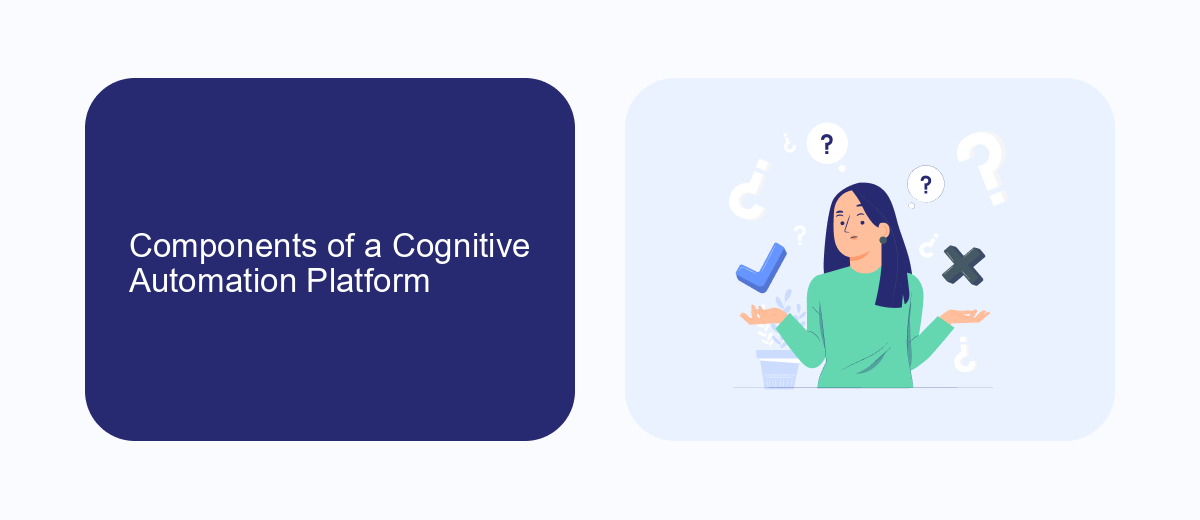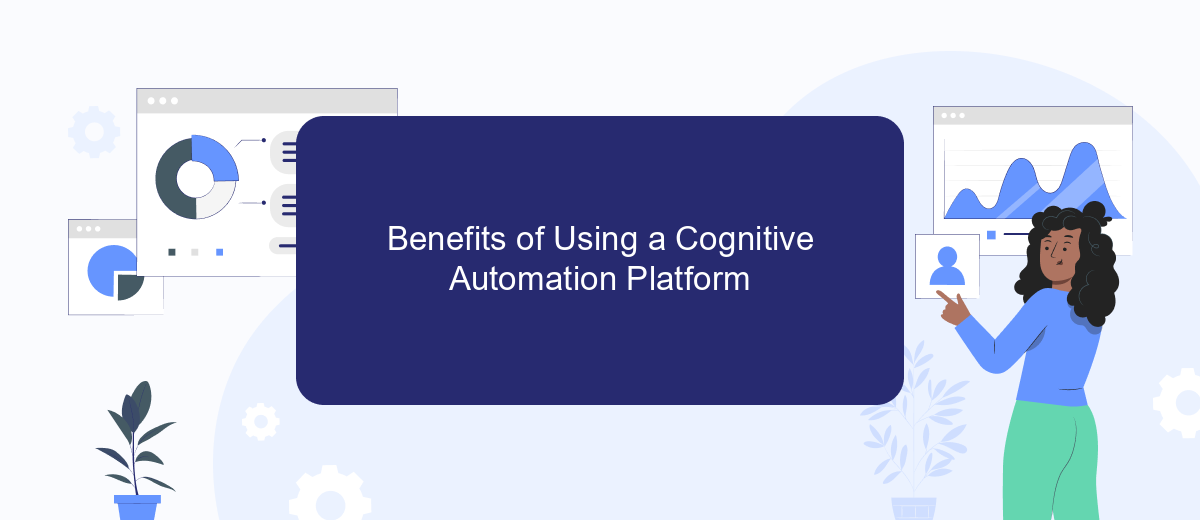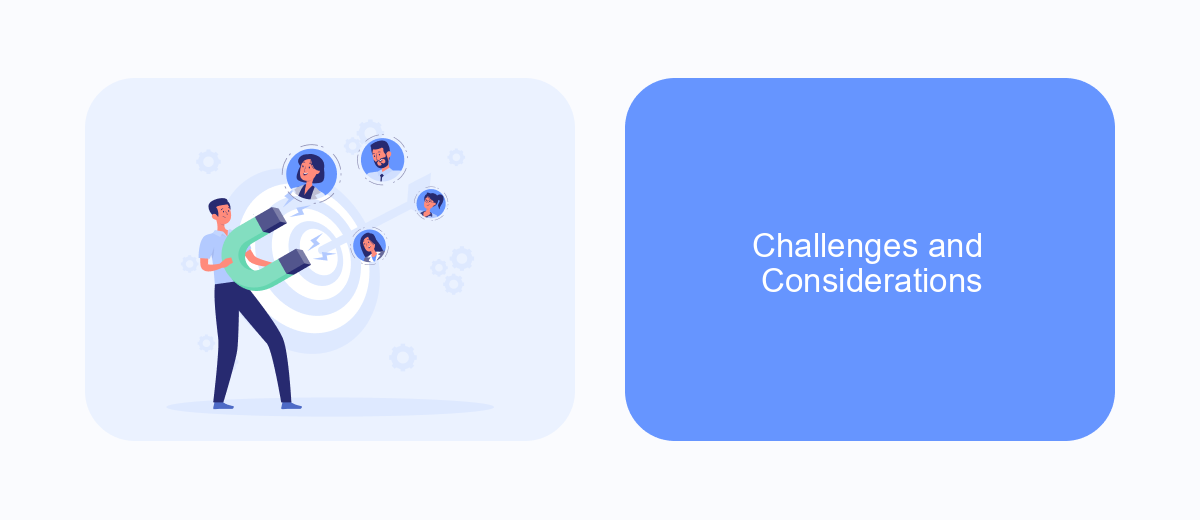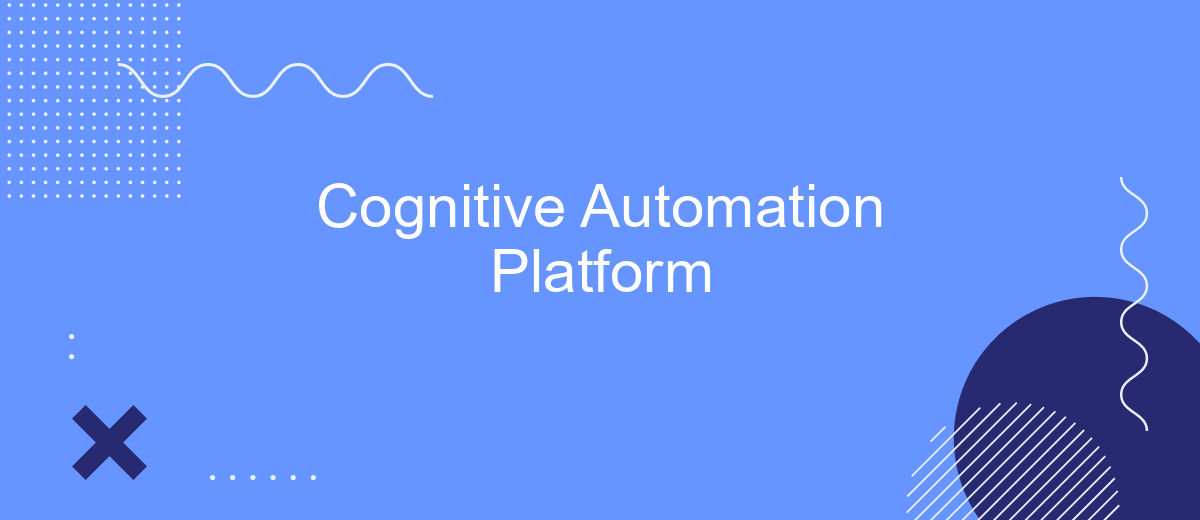Cognitive Automation Platforms represent a significant leap forward in the integration of artificial intelligence and process automation. By harnessing advanced machine learning algorithms and natural language processing, these platforms enable businesses to optimize workflows, enhance decision-making, and improve efficiency. As organizations increasingly seek to innovate and remain competitive, cognitive automation offers a transformative solution that combines human-like understanding with unparalleled processing power.
Introduction
The rapid advancement of technology has paved the way for innovative solutions that enhance business processes and decision-making. Cognitive Automation Platforms are at the forefront of this transformation, integrating artificial intelligence and machine learning to automate complex tasks and improve operational efficiency. These platforms are designed to mimic human cognitive functions, enabling organizations to streamline workflows, reduce errors, and make informed decisions in real time.
- Enhanced decision-making through data-driven insights.
- Streamlined operations with reduced manual intervention.
- Improved accuracy and consistency in task execution.
- Scalability to adapt to growing business needs.
- Cost savings through optimized resource allocation.
As businesses strive to remain competitive in a rapidly changing landscape, adopting Cognitive Automation Platforms provides a strategic advantage. By leveraging these tools, organizations can harness the power of AI to not only automate routine tasks but also gain deeper insights into their operations. This shift towards cognitive automation is not just a trend but a necessity for those looking to thrive in the digital age.
Components of a Cognitive Automation Platform

A Cognitive Automation Platform is comprised of several essential components that work in harmony to streamline processes and enhance decision-making. At its core, the platform integrates advanced machine learning algorithms and natural language processing to understand and analyze data in real-time. This capability allows for intelligent data extraction, pattern recognition, and predictive analytics, which are crucial for automating complex tasks and providing actionable insights. Additionally, the platform often includes robotic process automation (RPA) to handle repetitive tasks, freeing up human resources for more strategic activities.
Integration capabilities are another vital component of a Cognitive Automation Platform, enabling seamless connectivity with various applications and data sources. Tools like SaveMyLeads facilitate these integrations by automating the process of connecting different platforms, ensuring data flows smoothly across systems without manual intervention. This not only enhances efficiency but also ensures data accuracy and consistency. Furthermore, the platform may include user-friendly dashboards and reporting tools, allowing users to monitor processes and outcomes effectively. These components collectively empower organizations to optimize operations, reduce costs, and improve overall productivity.
Benefits of Using a Cognitive Automation Platform

Cognitive automation platforms are revolutionizing the way businesses operate by integrating advanced AI capabilities with traditional automation processes. These platforms enable organizations to enhance efficiency, reduce operational costs, and improve decision-making through intelligent data analysis and process automation. By leveraging machine learning and natural language processing, cognitive automation platforms can handle complex tasks that require human-like understanding, thus freeing up valuable human resources for more strategic activities.
- Increased Efficiency: Automating repetitive and time-consuming tasks allows employees to focus on more critical and creative tasks, enhancing overall productivity.
- Cost Reduction: By reducing the need for manual intervention, businesses can lower operational costs and minimize errors, leading to significant financial savings.
- Improved Decision-Making: With real-time data analysis and insights, cognitive automation platforms provide businesses with the information needed to make informed and timely decisions.
- Enhanced Customer Experience: By automating customer interactions and providing personalized responses, businesses can improve customer satisfaction and loyalty.
- Scalability: These platforms allow businesses to easily scale operations up or down, adapting to changing demands without the need for significant infrastructure changes.
By adopting a cognitive automation platform, businesses can not only streamline their operations but also gain a competitive edge in today's fast-paced digital landscape. The ability to process and analyze vast amounts of data quickly and accurately allows organizations to innovate and adapt, ensuring long-term success and sustainability.
Challenges and Considerations

Implementing a Cognitive Automation Platform presents several challenges that organizations must carefully consider. The integration of advanced AI technologies into existing systems can be complex, requiring significant time and resources. Additionally, ensuring data security and privacy is paramount, as these platforms often handle sensitive information.
Another key consideration is the potential resistance from employees who may fear job displacement due to automation. Effective change management strategies are essential to address these concerns and to facilitate a smooth transition. Furthermore, the scalability of the platform must be evaluated to ensure it can grow with the organization’s needs.
- Integration complexity with existing systems
- Data security and privacy concerns
- Employee resistance and change management
- Scalability and future-proofing
To successfully implement a Cognitive Automation Platform, organizations should conduct thorough assessments to understand their specific needs and challenges. By addressing these considerations proactively, they can maximize the benefits of cognitive automation while mitigating potential risks. Strategic planning and stakeholder engagement are crucial components of this process.
- Automate the work with leads from the Facebook advertising account
- Empower with integrations and instant transfer of leads
- Don't spend money on developers or integrators
- Save time by automating routine tasks
Future of Cognitive Automation
The future of cognitive automation is poised to revolutionize industries by integrating advanced AI technologies with human intelligence. As businesses strive to enhance efficiency and productivity, cognitive automation will play a crucial role in automating complex decision-making processes and providing deeper insights. This technology will enable organizations to process vast amounts of data swiftly, allowing for real-time analysis and informed decision-making. With the rise of machine learning and natural language processing, cognitive automation platforms will become more intuitive, adaptive, and capable of handling more sophisticated tasks.
Furthermore, the integration of cognitive automation with existing systems will become seamless, thanks to services like SaveMyLeads, which simplify the process of connecting various applications. These platforms will offer businesses the flexibility to customize workflows and automate repetitive tasks without extensive coding knowledge. As cognitive automation continues to evolve, we can expect it to drive innovation, streamline operations, and enhance customer experiences across multiple sectors. The future holds immense potential for cognitive automation to transform how we work, making processes more intelligent and adaptive to the ever-changing business landscape.
FAQ
What is a Cognitive Automation Platform?
How does Cognitive Automation differ from traditional automation?
What are the benefits of using a Cognitive Automation Platform?
How can businesses integrate Cognitive Automation into their existing systems?
What industries can benefit from Cognitive Automation?
Don't waste another minute manually transferring leads from Facebook to other systems. SaveMyLeads is a simple and effective tool that will allow you to automate this process so that you don't have to spend time on the routine. Try SaveMyLeads features, make sure that this tool will relieve your employees and after 5 minutes of settings your business will start working faster.

